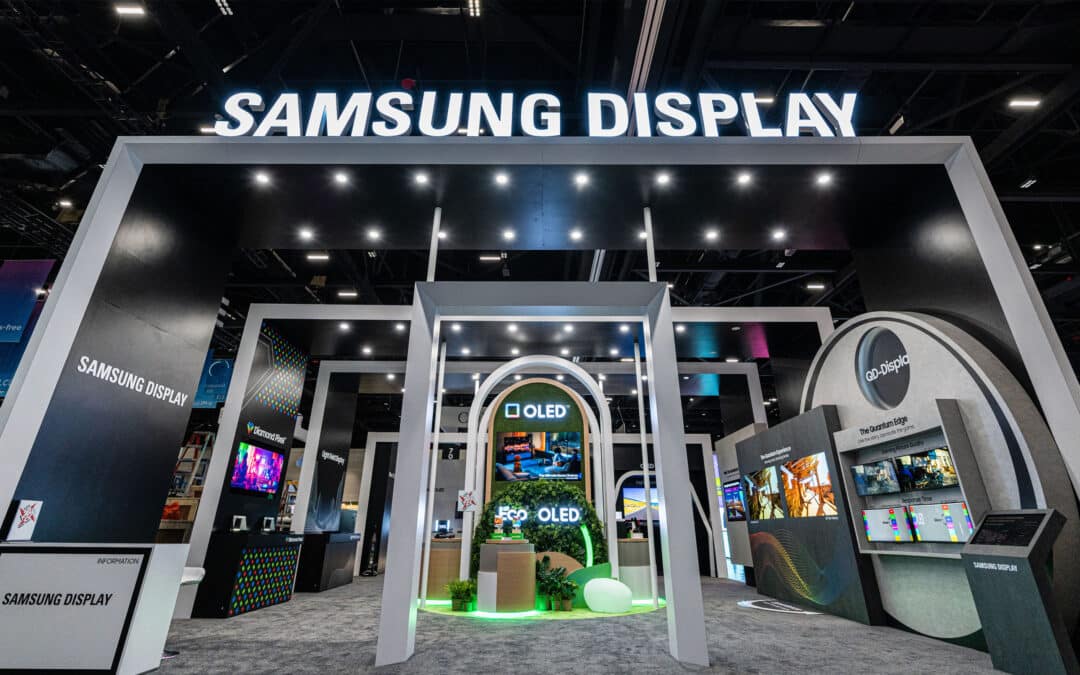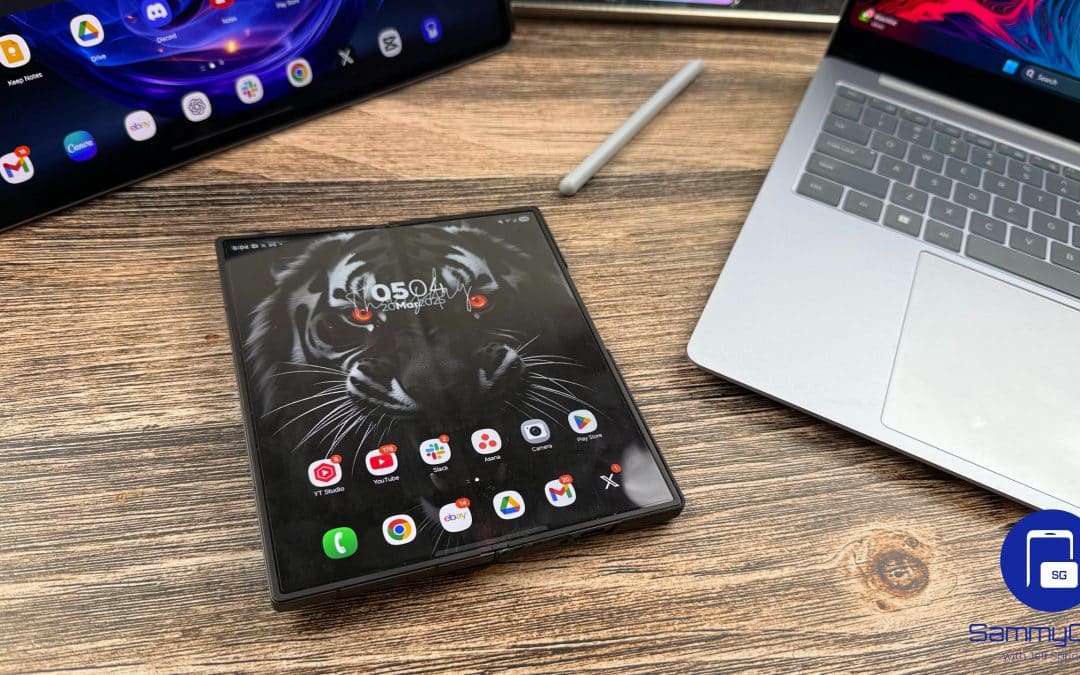According to reports, Samsung evaluated three different chips for the Galaxy S25 series: MediaTek’s Dimensity 9400, Qualcomm’s Snapdragon 8 Elite, and its own Exynos 2500. Ultimately, it chose the Snapdragon for various reasons. However, the company may aim to diversify its chip suppliers for the Galaxy S26 series. It appears its in-house Exynos 2600 will offer a key advantage over its Qualcomm and MediaTek competitors.
Exynos 2600 might upgrade to a 2nm process while rivals remain on 3nm
The Exynos 2500 is Samsung’s first 3nm smartphone processor. Poor 3nm yields delayed its production, forcing Samsung to exclusively use the Snapdragon 8 Elite in the Galaxy S25 phones — it likely decided against the Dimensity due to its performance gap with the Snapdragon (these two are also 3nm chips). The Korean firm now plans to upgrade the Exynos 2600 to its more advanced 2nm process.
While its 2nm yield is also quite low at the moment, Samsung has time on its side. It likely expects the yield rate to improve to a satisfactory level in time for the Galaxy S26 series. Meanwhile, its competitors may not switch to the newer fabrication process. New reports from famous Chinese tipster Digital Chat Station suggest both Qualcomm and MediaTek will use TSMC’s 3nm process for their next flagship chips.
According to the tipster, the Snapdragon 8 Elite 2 will feature an upgraded GPU. TSMC will produce it on its third-gen 3nm node (N3P) — the Galaxy S25’s Snapdragon 8 Elite uses the second-gen N3E node. Qualcomm has allegedly sped up the development of the new processor, hinting at an earlier launch, potentially in the first half of 2025. Most other key specs are under wraps.
MediaTek’s Dimensity 9500 also allegedly uses TSMC’s N3P 3nm process. It is said to feature a 2+6 dual-cluster CPU arrangement with two Cortex-X930-based prime cores and six Cortex-A730-based performance cores. The chip delivers a peak speed of over 4GHz and supports Scalable Matrix Extension (SME).
If true, this is a big advantage for Samsung’s Exynos 2600, which may be a 2nm chip. The company still has its task cut out to improve its 2nm yield and match Qualcomm’s performance levels. With a peak speed of 4.32GHz (potentially 4.47GHz for the Galaxy S25’s overclocked version), the Snapdragon 8 Elite is already in a league of its own. Expect more details about these next-gen processors in the coming months.






